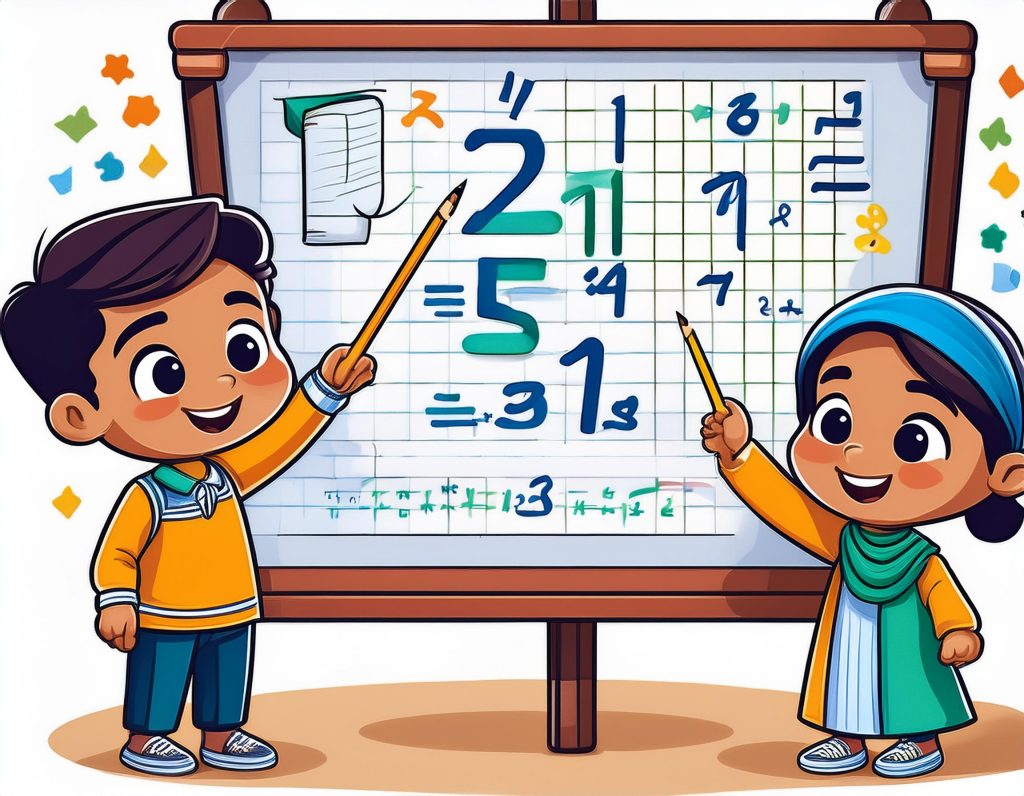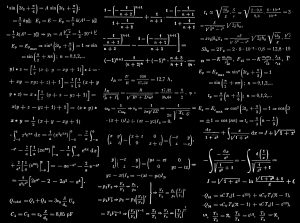Engaging Activities to Help Kids Improve their Math Skills

Introduction
Do you find your child struggling with mathematics? Are you looking for ways to make math learning more enjoyable and effective for your little one? You’re not alone. Many parents face the challenge of helping their children develop strong math skills. The good news is that there are plenty of engaging activities that can make learning math fun for pre-schoolers and children of all ages.
Mathematics is a fundamental skill that children will use throughout their lives, both academically and in everyday situations. It’s important to lay a strong foundation in math during the early years to ensure future success. Engaging in math activities not only helps children learn mathematical concepts but also fosters a positive attitude towards the subject.
Research indicates that children who engage in hands-on, interactive math activities tend to perform better academically. A study published in the Journal of Educational Psychology found that students who participated in interactive learning activities showed significant improvement in their math skills compared to those who received traditional instruction. So, let’s explore some fun and engaging activities that can help your child improve their math skills.
Fun Math Activities for Pre-schoolers
For younger children, particularly pre-schoolers, introducing math concepts through play is crucial. Here are some fun math activities for pre-schoolers that can lay the foundation for a strong mathematical understanding:
-
Counting with Everyday Objects
Using everyday objects for counting is a simple yet effective way to enhance number sense. Parents can encourage their children to count items around the house, such as the number of steps to the front door, the number of apples in a bag, or the number of toys in their room. This activity helps children understand quantities and develop their counting skills in a fun context.
-
Math Scavenger Hunt
Organising a math scavenger hunt can make learning exciting. Parents can create a list of math-related items for their children to find around the house or yard, such as objects that are a certain shape (e.g., circles, squares) or items that can be grouped in sets of ten. This activity encourages children to apply their math skills in a playful manner.
-
Building with Blocks or LEGO
Building with blocks or LEGO sets can teach children about spatial relationships, symmetry, and problem-solving. As children construct different structures, they engage with concepts of measurement and geometry, making it a fun and educational experience. Encourage them to create specific shapes or patterns, reinforcing their understanding of geometric concepts.
-
Baking and Cooking
Baking is an excellent way to teach children about measurements and fractions. Involve your child in measuring ingredients and discussing concepts like “half” or “quarter.” For example, if a recipe calls for 2 cups of flour, ask them how much is needed for half the recipe. This hands-on experience helps children understand practical applications of math concepts in real life.
-
Art and Math Integration
Artistic activities can also reinforce math concepts. For instance, children can create patterns using colours or shapes, which helps develop their understanding of sequences and symmetry. Encourage them to draw geometric shapes and label their properties, combining creativity with mathematical learning.
Mathematics Fun Games Activities
Incorporating games into math learning can significantly enhance engagement. Here are some mathematics fun games activities that parents can use:
-
Math Bingo
Create bingo cards with answers to math problems. Instead of calling out numbers, read out equations, and children must mark the correct answers on their cards. This game can be adapted for addition, subtraction, multiplication, or division, making it versatile for different skill levels.
-
Math Twister
Modify a traditional Twister game by adding number labels. Instead of saying “right hand on blue,” read out equations such as “right hand on 6 – 3” or “left foot on 2 + 4.” This fun twist encourages physical movement while reinforcing math skills.
-
Addition and Subtraction Bingo
To play this game, create bingo cards with the answers to simple addition and/or subtraction problems. Then, instead of reading out numbers, read out problems such as “7 + 3” or “5 – 2.” Students must then mark the correct answers to win the bingo game. This activity reinforces basic math operations in an enjoyable format.
Math Activities for Early Childhood
For early childhood education, it’s essential to incorporate math activities that are both educational and engaging. Here are some effective math activities for early childhood:
-
Ten-Frames
Introduce ten-frames to help children visualise numbers. A ten-frame is a simple rectangular frame that holds ten squares. Children can use counters or small objects to fill the ten-frame, which helps them understand addition and subtraction concepts.
-
Pattern Making
Help children develop their patterning skills by using coloured beads or blocks. Ask them to create specific patterns (e.g., red-blue-red-blue) and then challenge them to continue the pattern. This activity reinforces their understanding of sequences and encourages critical thinking.
-
Shape Scavenger Hunt
Provide each child with a sheet of paper and a number of shapes listed or shown as pictures. Ask them to keep a tally of how many of each shape they can find in the classroom or at home. Afterwards, have them graph their results, reinforcing their counting and data representation skills.
Fun Math Games to Play in the Classroom
In a classroom setting, engaging math games can enhance learning and foster collaboration among students. Here are some fun math games to play in the classroom:
-
101 Points
Divide students into teams and have them roll a die. The goal is to add up numbers to reach as close to 101 as possible without going over. This game encourages strategic thinking and reinforces addition skills.
-
Guess My Number
In this game, one student thinks of a number within a certain range, and the other students ask yes/no questions to guess the number. This activity promotes logical reasoning and number sense.
-
Math Baseball
Set up a baseball diamond in the classroom. Students take turns answering math problems to advance around the bases. This game combines physical activity with math practice, making learning dynamic and fun.
Conclusion
Engaging activities are key to improving your child’s math skills while making learning enjoyable. By incorporating these fun and interactive methods into their daily routines, parents can nurture a positive attitude towards math and help their children build a strong foundation in this vital subject. Remember to encourage a growth mindset, be patient and supportive, and create a math-friendly environment at home.
To further enhance your child’s mathematical development, you may consider enrolling them in SIP Abacus programs. SIP Abacus offers world-class skill development programs that focus on unlocking children’s mental potential through fun learning methodologies. Their curriculum is divided into Junior, Foundation, Advanced, and Grand Master modules with structured levels and a proven track record.
The program incorporates the use of an abacus tool and visualisation techniques to teach children mental math skills. Studies have shown that children who complete the SIP Abacus program perform significantly better in math and reading at school, often 3-4 years ahead of their peers within 2 years of joining. The program’s unique approach of developing both sides of the brain has proven effective in nurturing children’s academic and overall growth.
Remember, with the right approach and engaging activities, your child can not only improve their math skills but also develop a lifelong love for learning. So, why wait? Start planning your child’s math adventure today!



